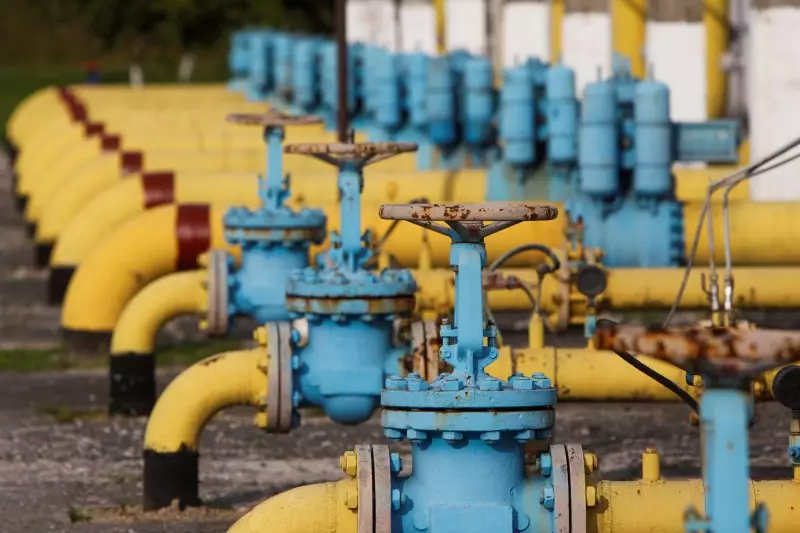Chinese companies have once again emerged victorious in the Iraqi oil and gas exploration sector, securing five more bids to explore new fields. This comes as no surprise, as Chinese companies have been the sole foreign players to win bids in this round, with licenses covering a total of 10 oil and gas fields. Additionally, the Iraqi Kurdish company KAR Group managed to secure two licenses in this bidding process.
Despite the success of Chinese companies, it is concerning that no bids were made on at least six fields with significant gas potential. This missed opportunity could potentially undermine Iraq’s efforts to boost its natural gas output, which is crucial for powering its gas-dependent plants. Moreover, the absence of major U.S. oil companies in this bidding process raises questions about the overall participation of international players in Iraq’s oil and gas sector.
Among the specific awards, China’s CNOOC emerged victorious in the bid to develop Block 7 for oil exploration, spanning across several provinces in Iraq. Other Chinese companies such as ZhenHua, Anton Oilfield Services, and Sinopec also secured bids for different oilfields in Iraq. China’s Geo-Jade was awarded the project to develop Iraq’s Jabal Sanam field for oil exploration in Basra province.
Iraq, which is OPEC’s second-largest oil producer, has faced numerous challenges in the development of its oil sector. Contract terms that are viewed as unfavorable by major oil companies, recurring military conflicts, and the growing focus on environmental and social responsibilities have all hindered the progress of Iraq’s oil industry. These challenges have limited the participation of international companies, particularly major U.S. oil players, in Iraq’s oil and gas exploration.
While Chinese companies have been successful in securing bids for oil and gas exploration in Iraq, there are challenges and missed opportunities that need to be addressed. The participation of a diverse range of international companies, including major U.S. players, is essential for the sustainable development of Iraq’s oil and gas sector. Addressing the contractual terms, resolving conflicts, and meeting environmental and social responsibilities are vital steps towards unlocking the full potential of Iraq’s rich oil and gas resources.

